Which of these was NOT a traditional rule in a code duello?
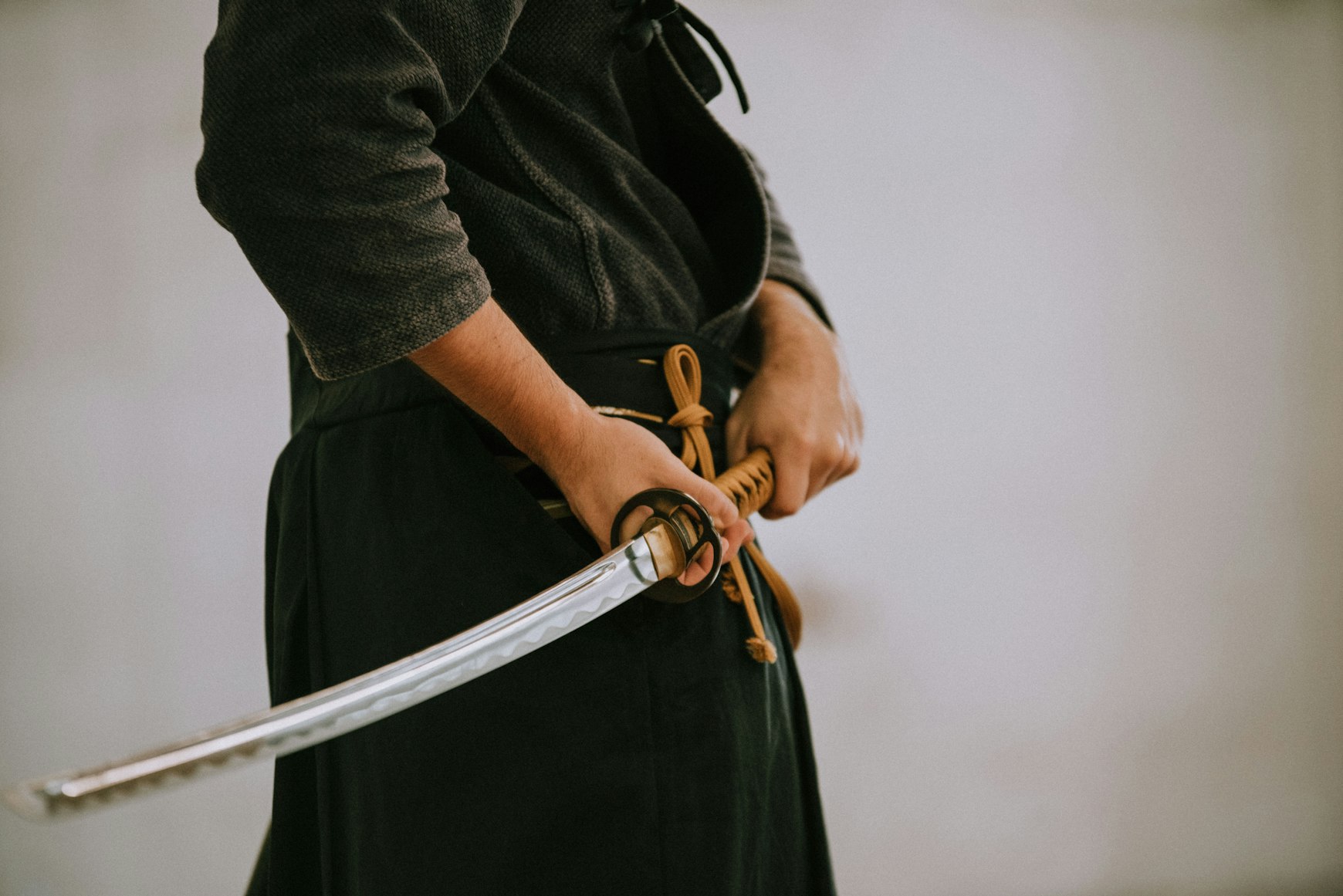
Apologies could prevent duels
Seconds must also fight
Duels must occur at dawn
Witnesses were not allowed
In what year did the famous “Dueling Oaks” duel occur in New Orleans?

1804
1839
1872
1905
What weapon was commonly used in European duels during the 16th century?

Longsword
Rapier
Pistol
Crossbow
In which country did the last recorded duel occur?

France
Germany
United States
Argentina
What was a common reason for a duel in the 19th century?
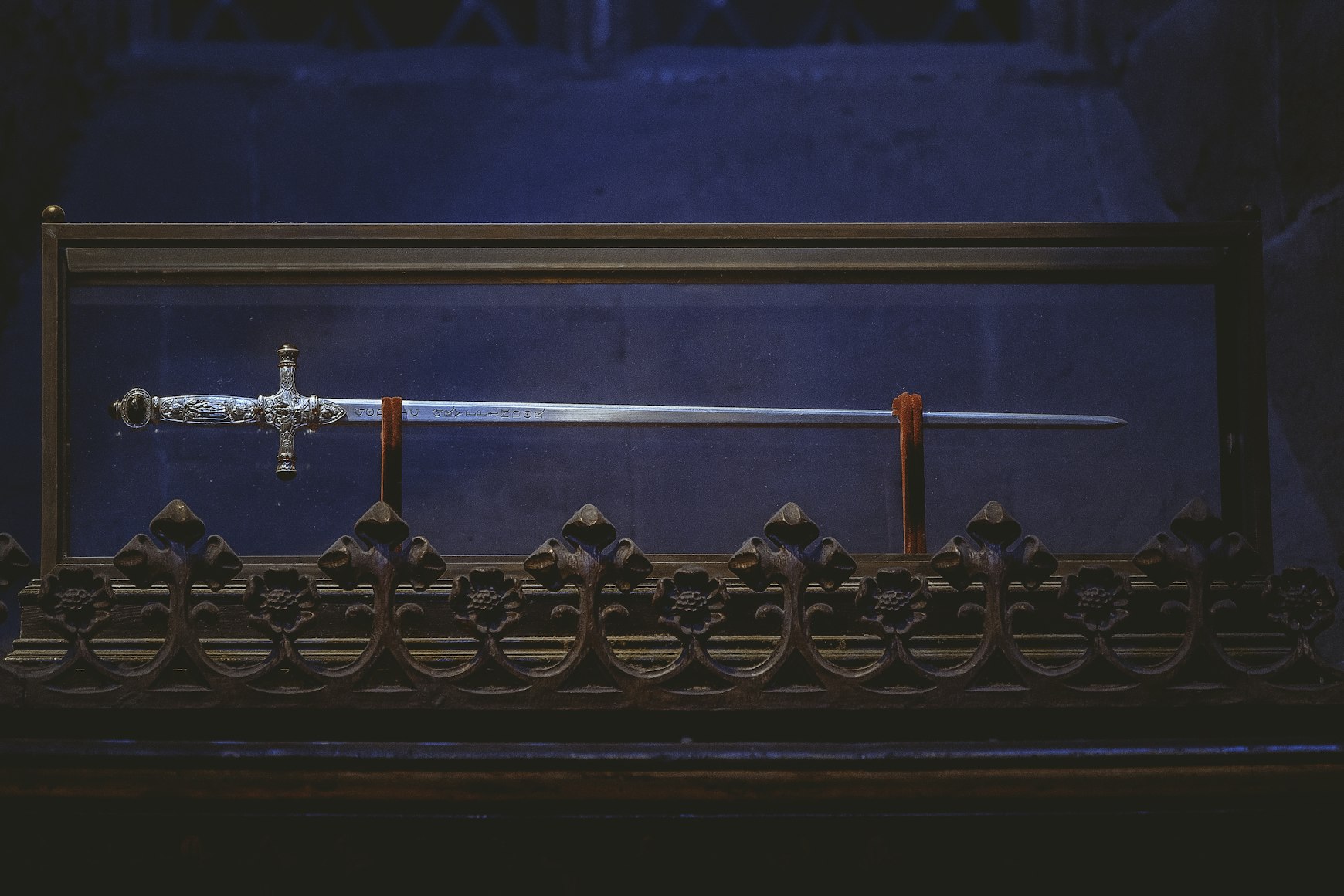
Land disputes
Public insults
Debts
Stealing horses
Who is known for participating in the most duels?
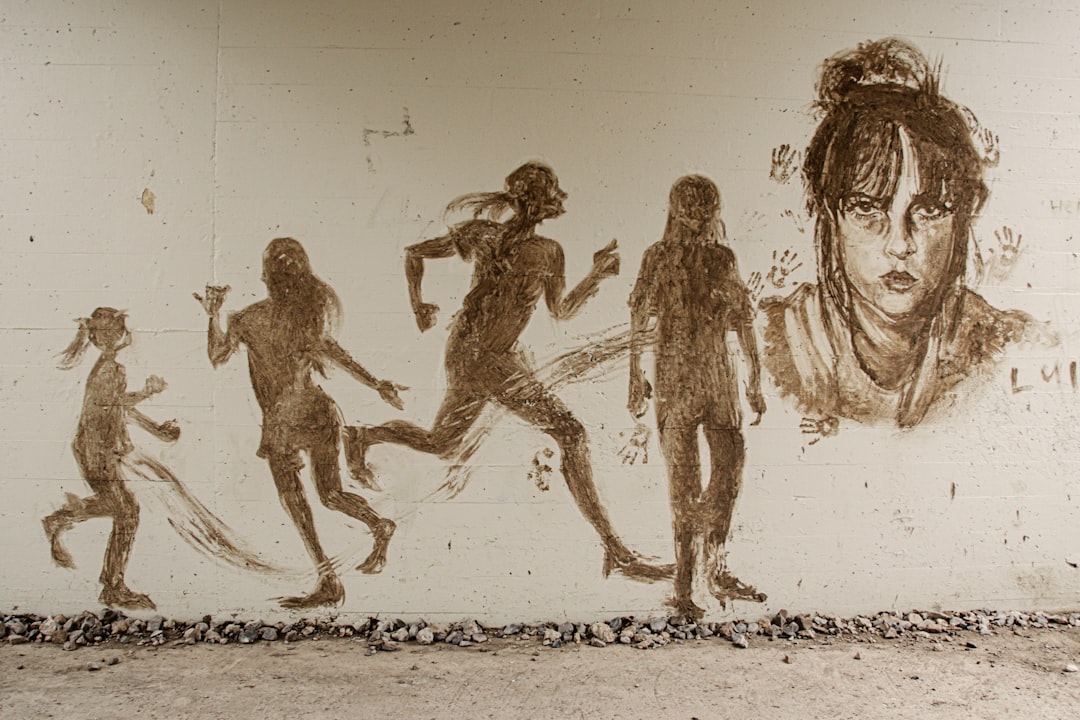
Aaron Burr
Andrew Jackson
Abraham Lincoln
Theodore Roosevelt
What unusual dueling weapon was chosen by a Princess in Monaco in 1892?
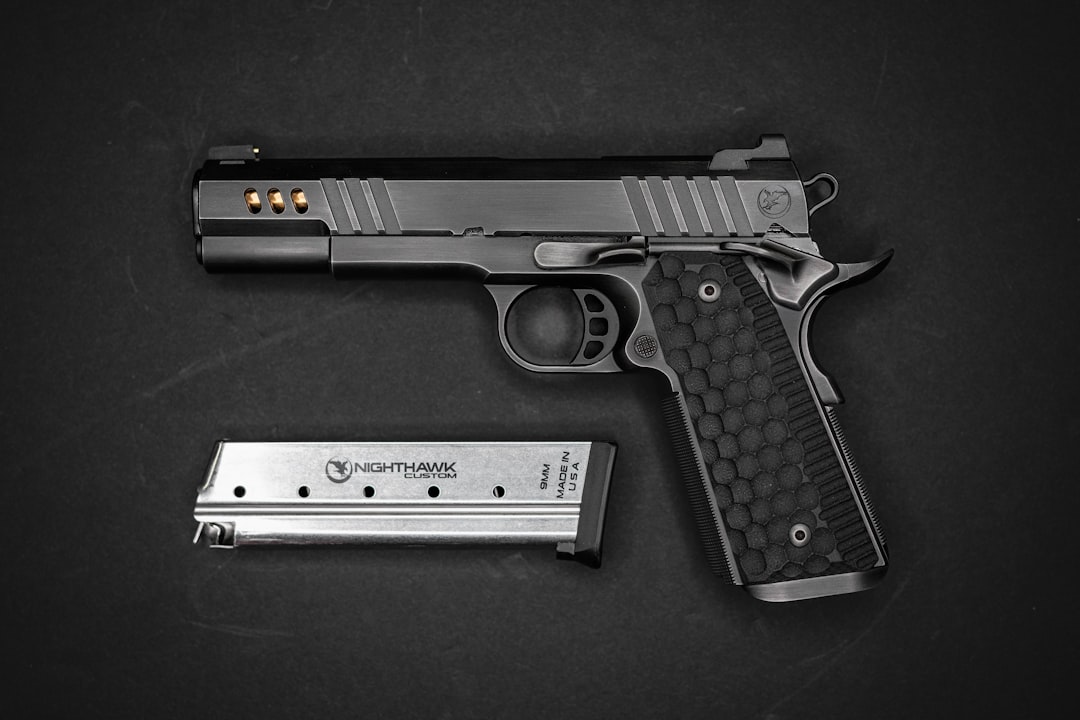
Wax bullets
Oranges
Wooden sticks
Flowers
Which principle dictated that the challenged party chooses the weapons?
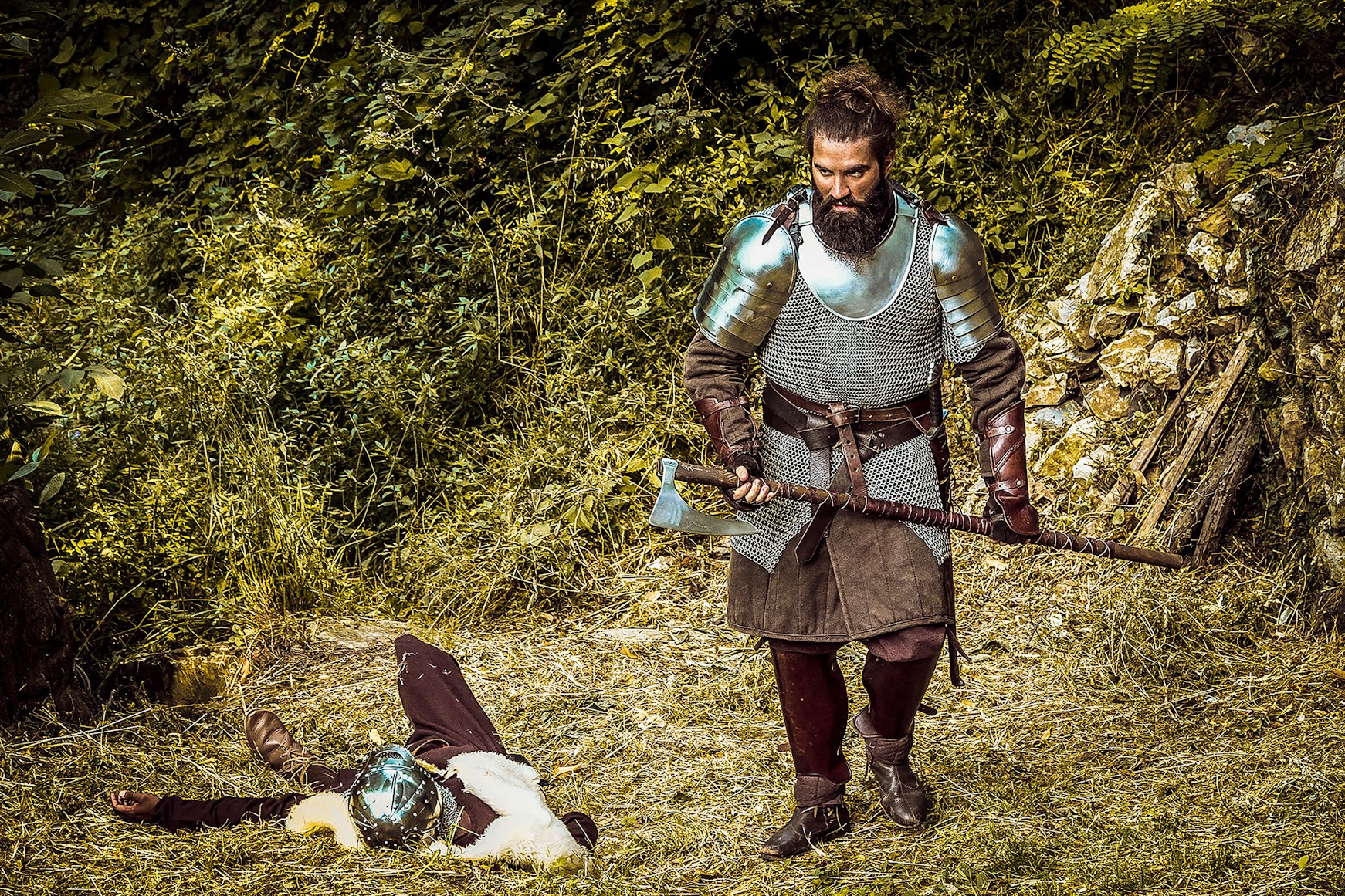
Honor’s Right
Challenger’s Privilege
Second’s Call
Challenged’s Choice
What did dueling codes typically specify about the fighting ground?

Must be public
Must be neutral
Must be enclosed
Must be owned by a participant
How were formal dueling challenges typically delivered in the 18th century?
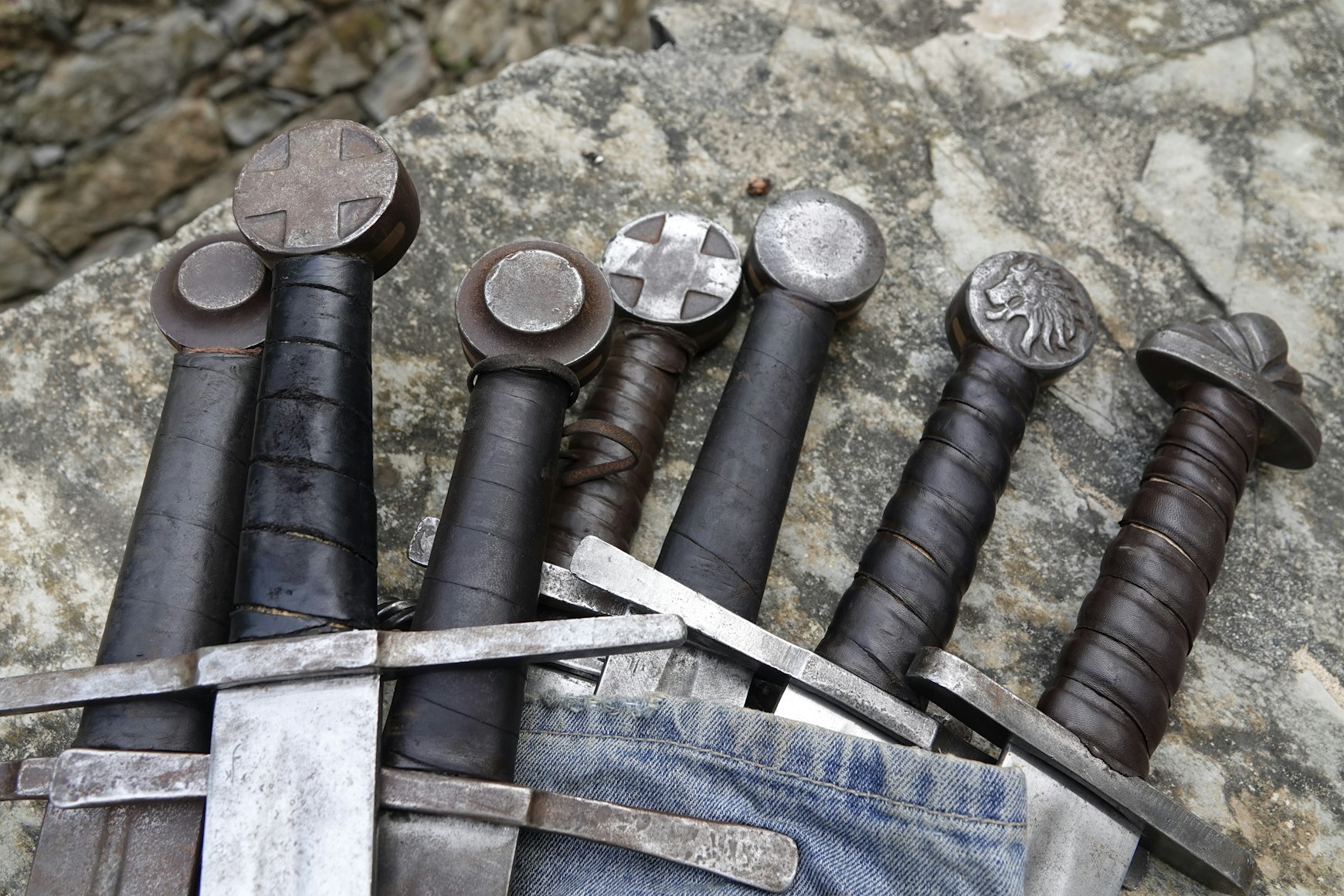
Verbally in public
Through a printed newspaper
By a hand-delivered letter
Via a town crier
What was traditionally used to signal the start of a duel?
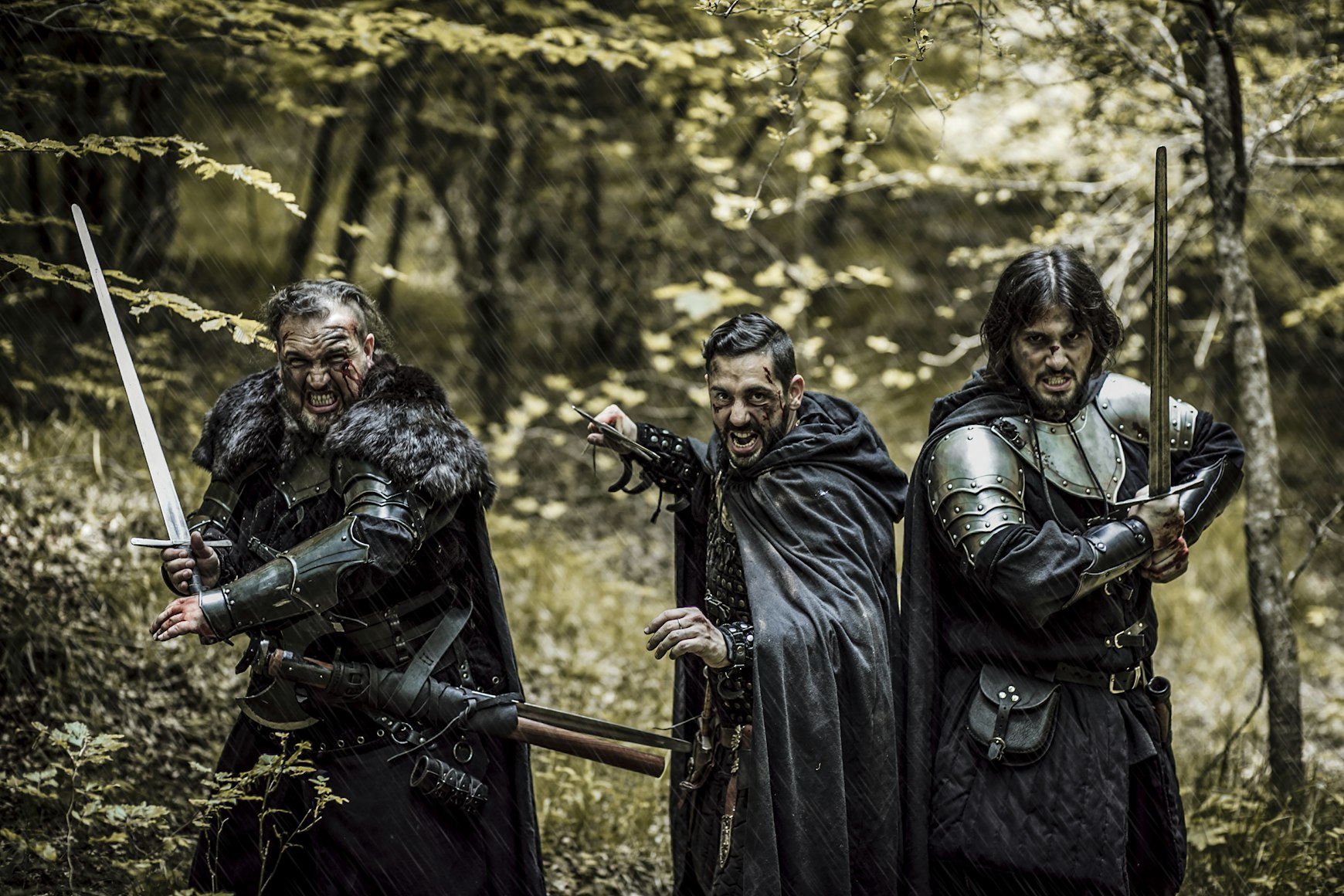
A whistle
A gunshot
A handkerchief drop
A bell ring
Where was dueling explicitly illegal by the early 19th century?
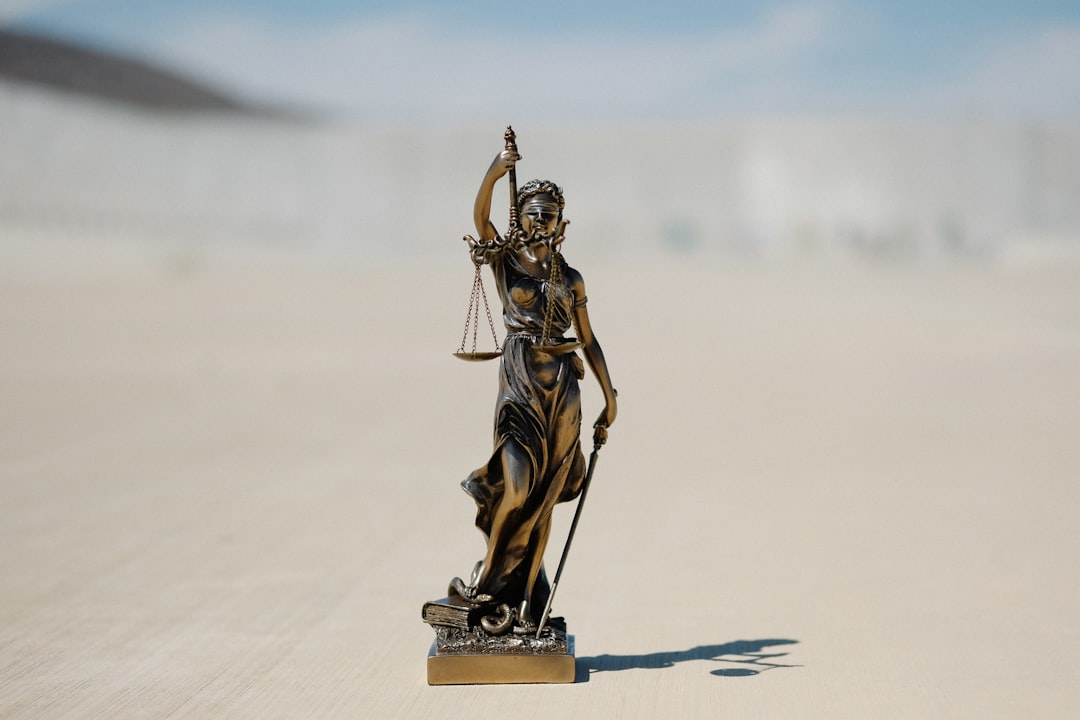
England
Russia
Brazil
India
What kind of duel did Alexander Pushkin die in?
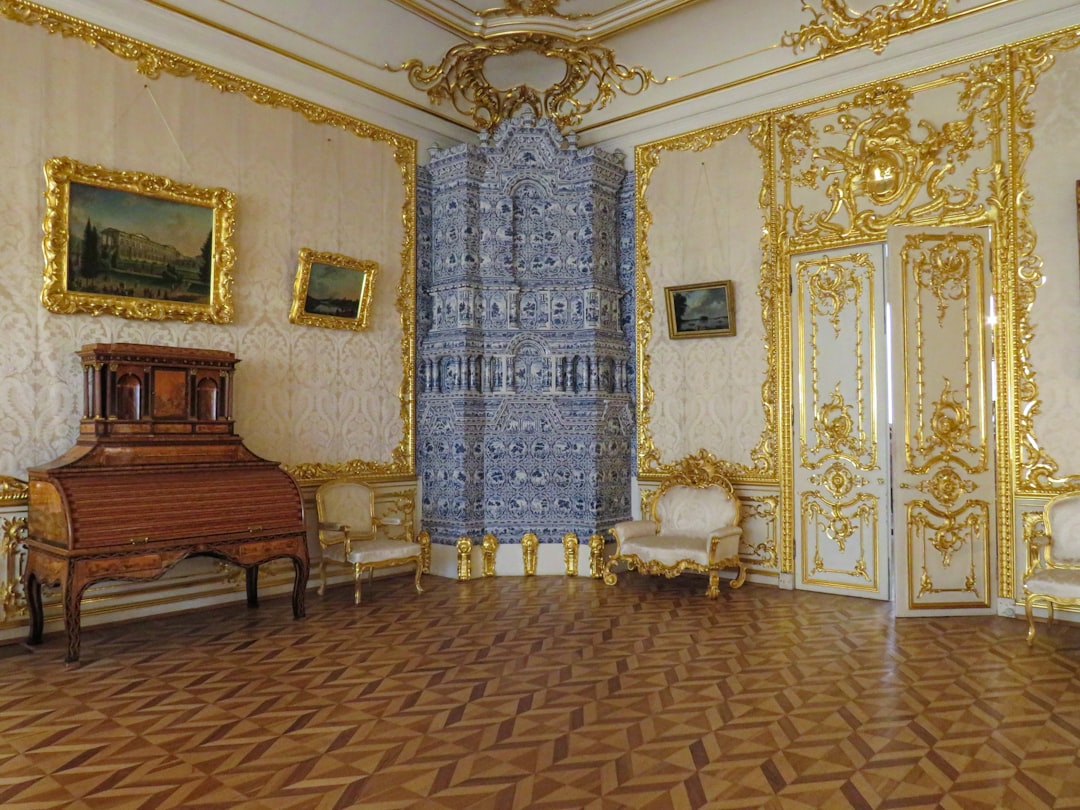
Sword duel
Fistfight
Pistol duel
Joust
What role did the “second” have in a duel?
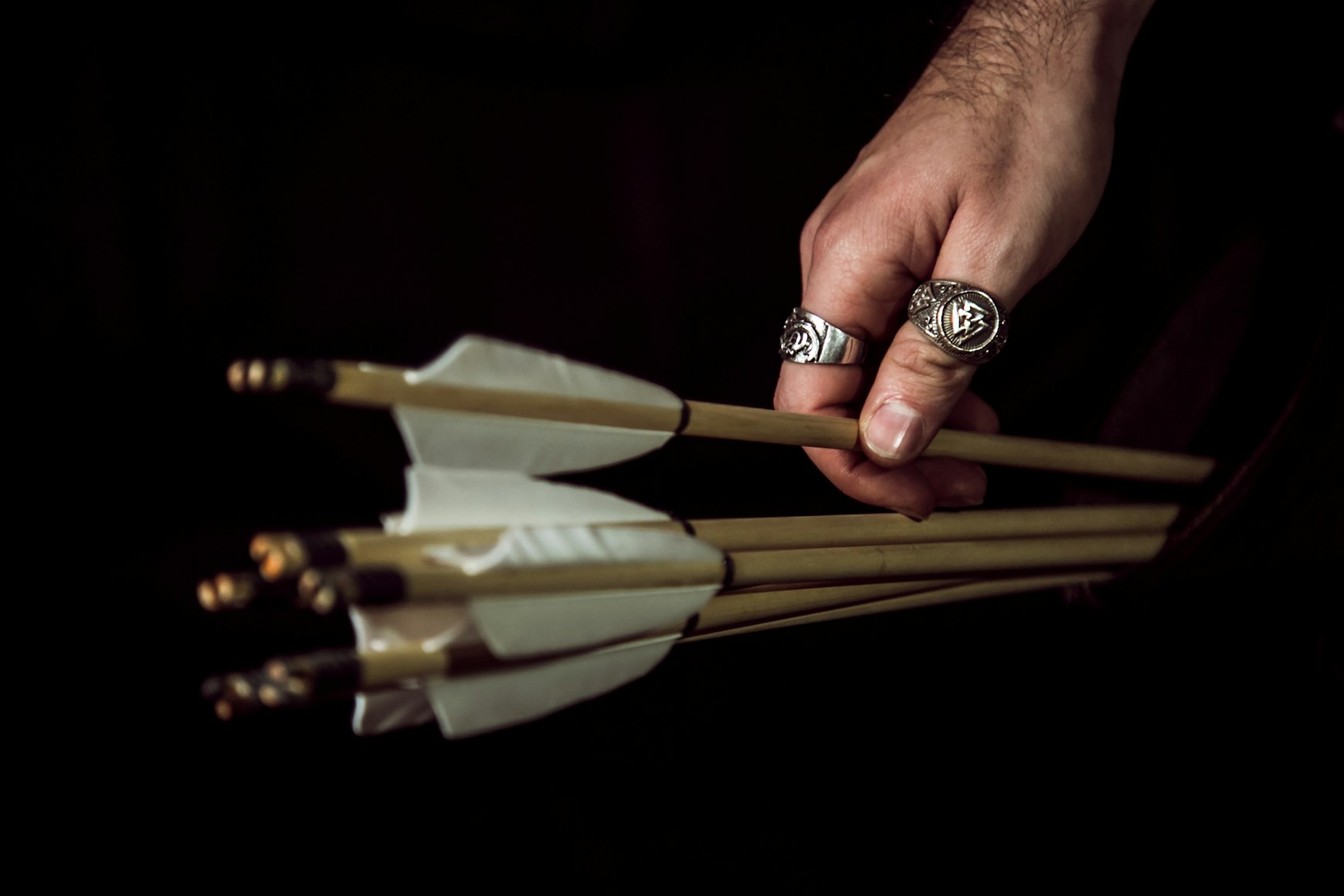
Observer only
Ensure fairness
Provide weapons
Signal start
Which era’s dueling code required medical assistance on site?
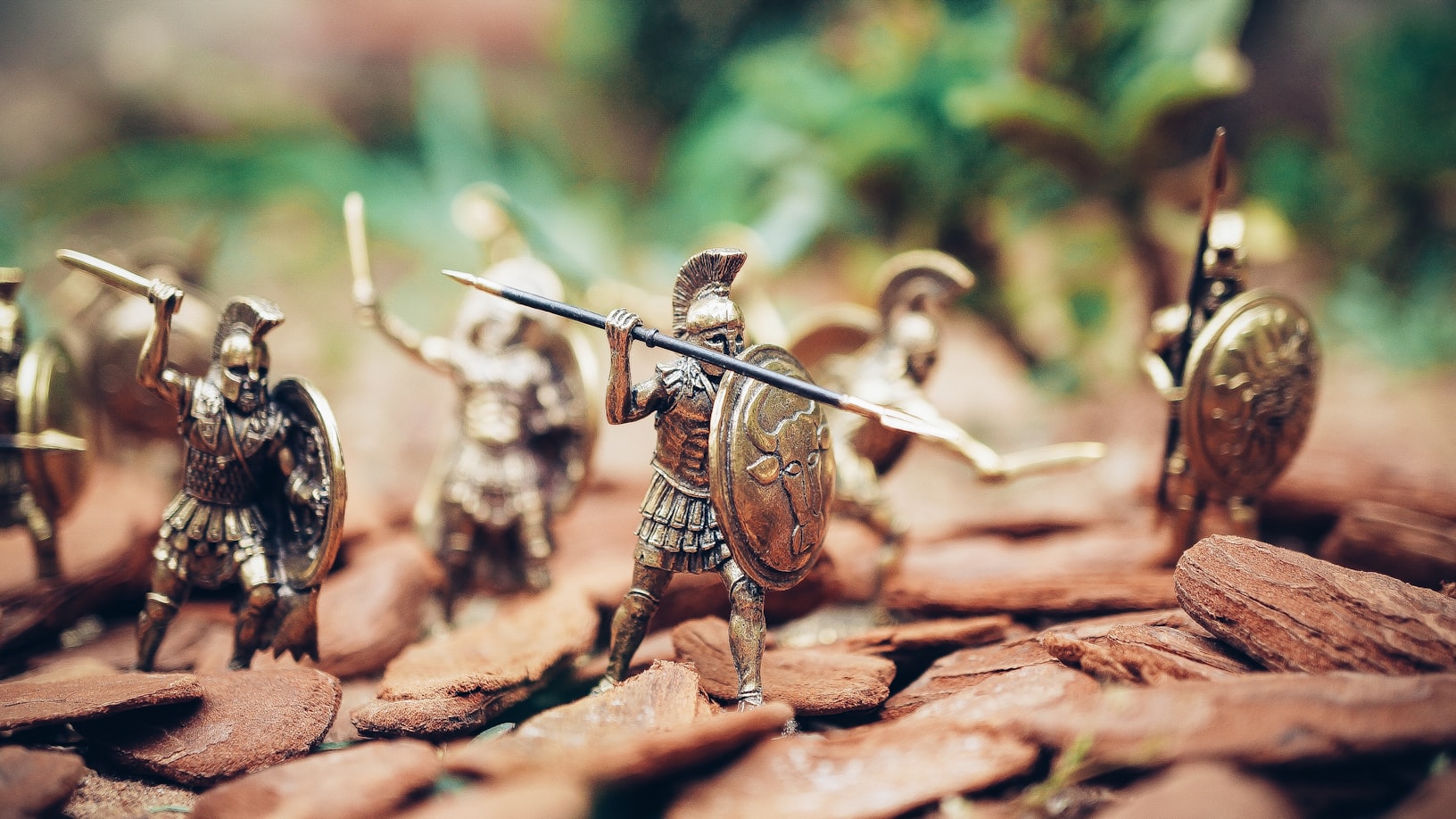
Medieval
Victorian
Renaissance
Colonial
What was the usual outcome for duels in the 18th century?

Death
Serious injury
Minor injuries
No injuries
What alternative to dueling was promoted in the late 18th century?
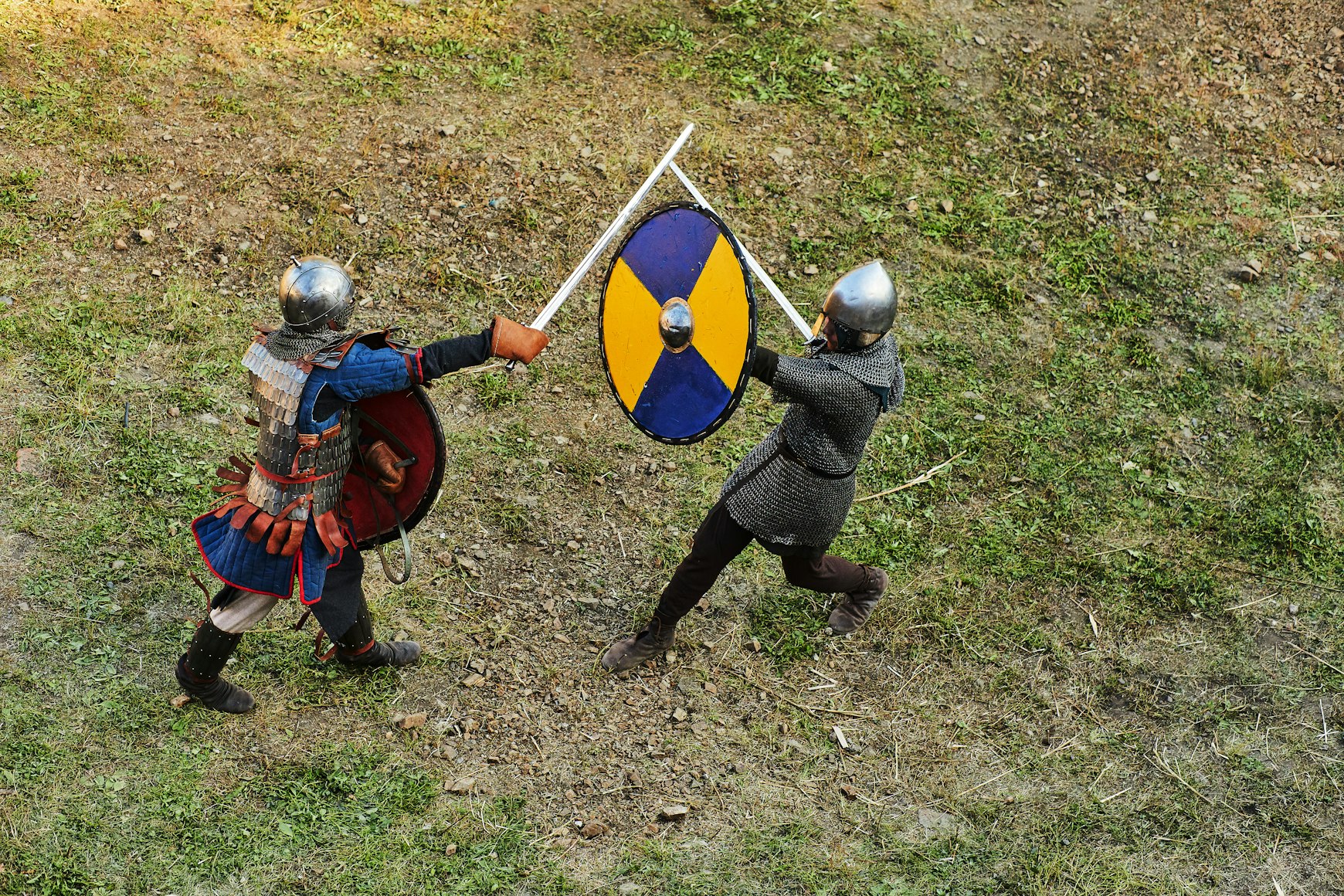
Arbitration
Public debates
Court trials
Fencing matches
Which U.S. president famously survived multiple duels?

George Washington
Andrew Jackson
Abraham Lincoln
Theodore Roosevelt
What was a typical location for duels in Paris?

Louvre courtyard
Bois de Boulogne
Montmartre
Notre Dame
Which literary figure wrote extensively about dueling?
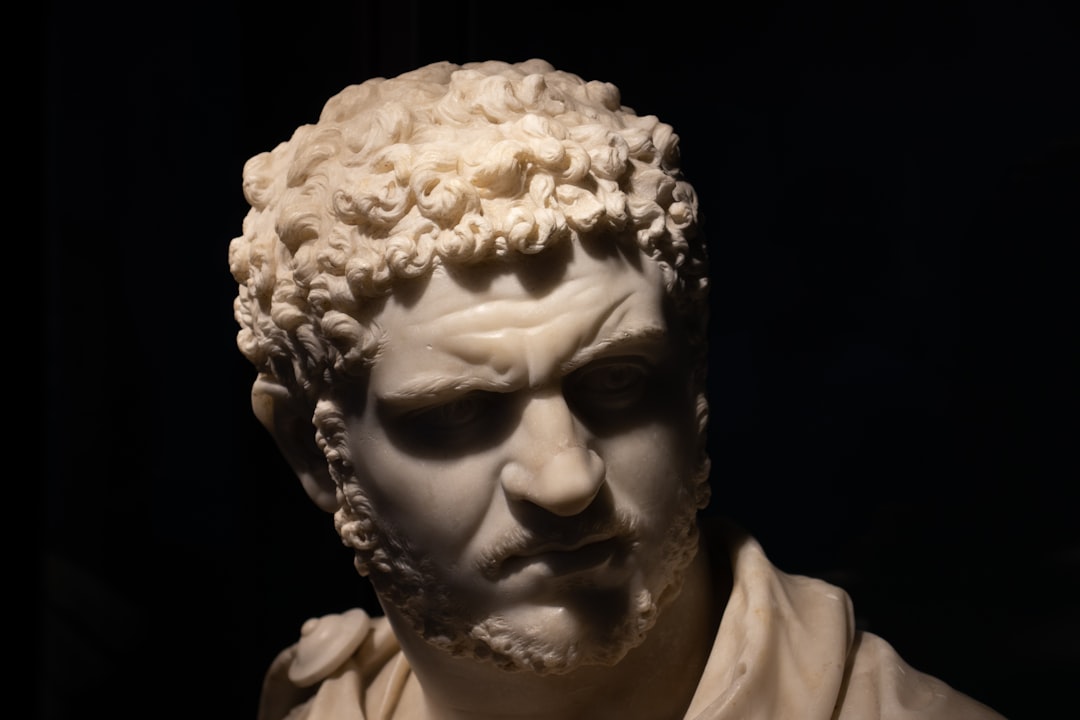
Mark Twain
Charles Dickens
Ernest Hemingway
Leo Tolstoy

Barely Escaped a Duel
You might want to brush up on your dueling etiquette before you challenge anyone!
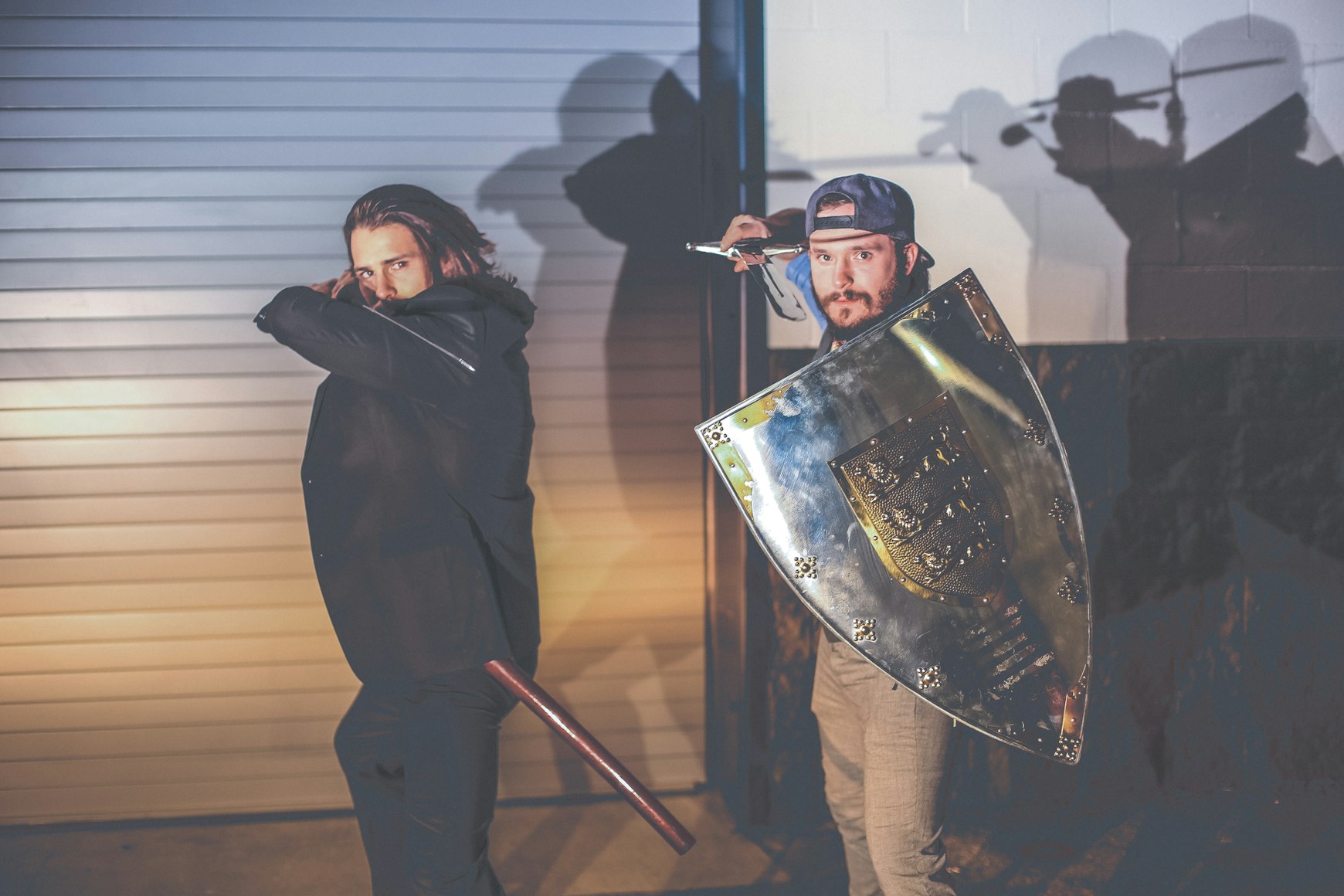
Duelist in Training
Not bad! You’ve got the basics down, but there’s room to grow into a fine duelist.
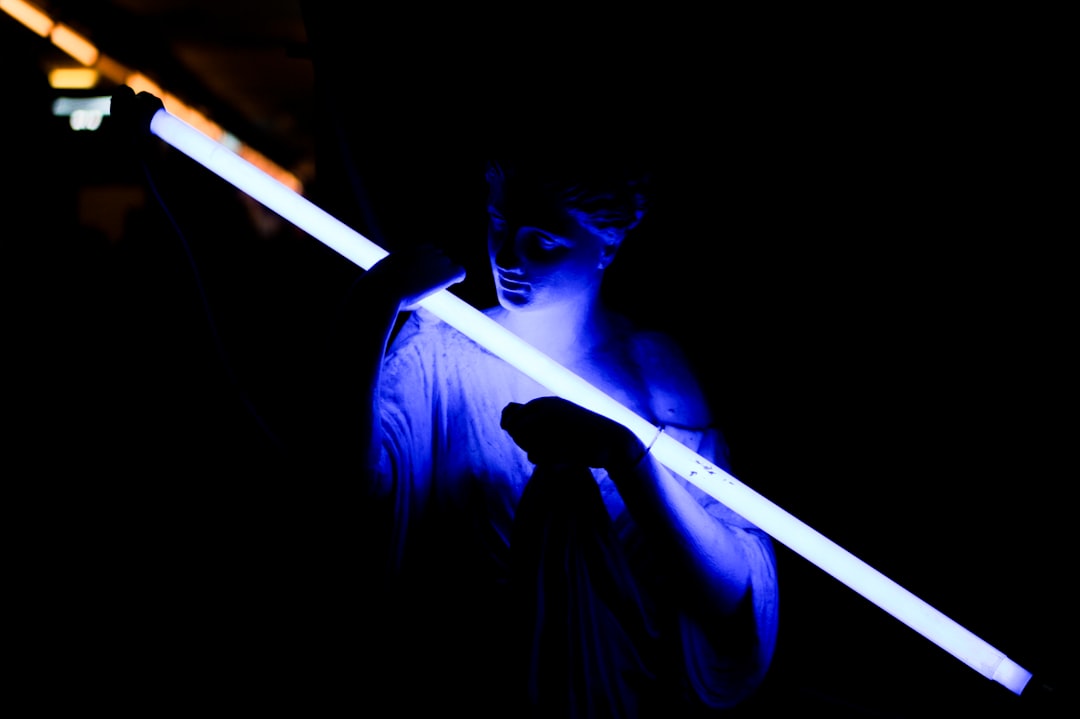
Master of the Duel
Impressive! Your honor remains intact, and your knowledge of dueling codes is unparalleled!






